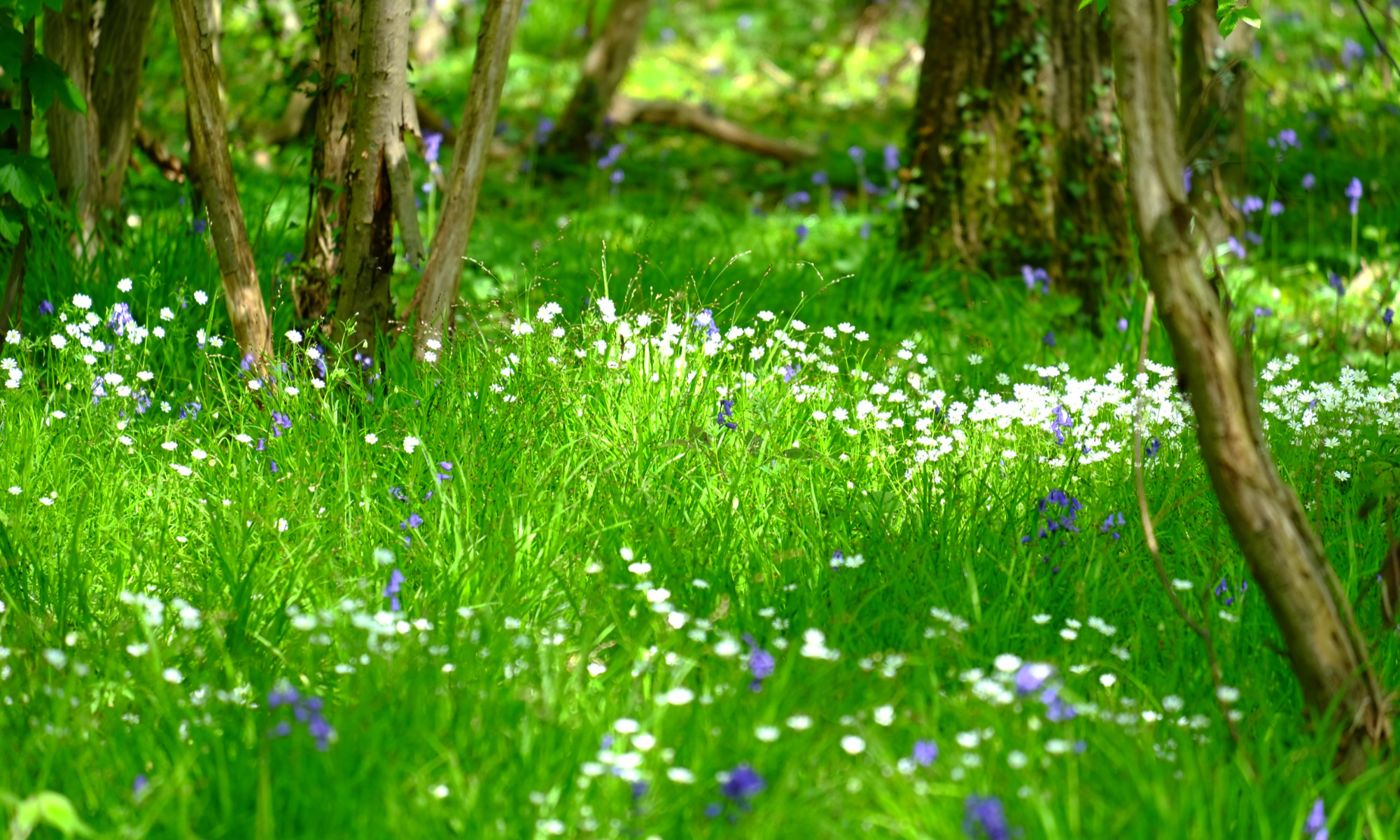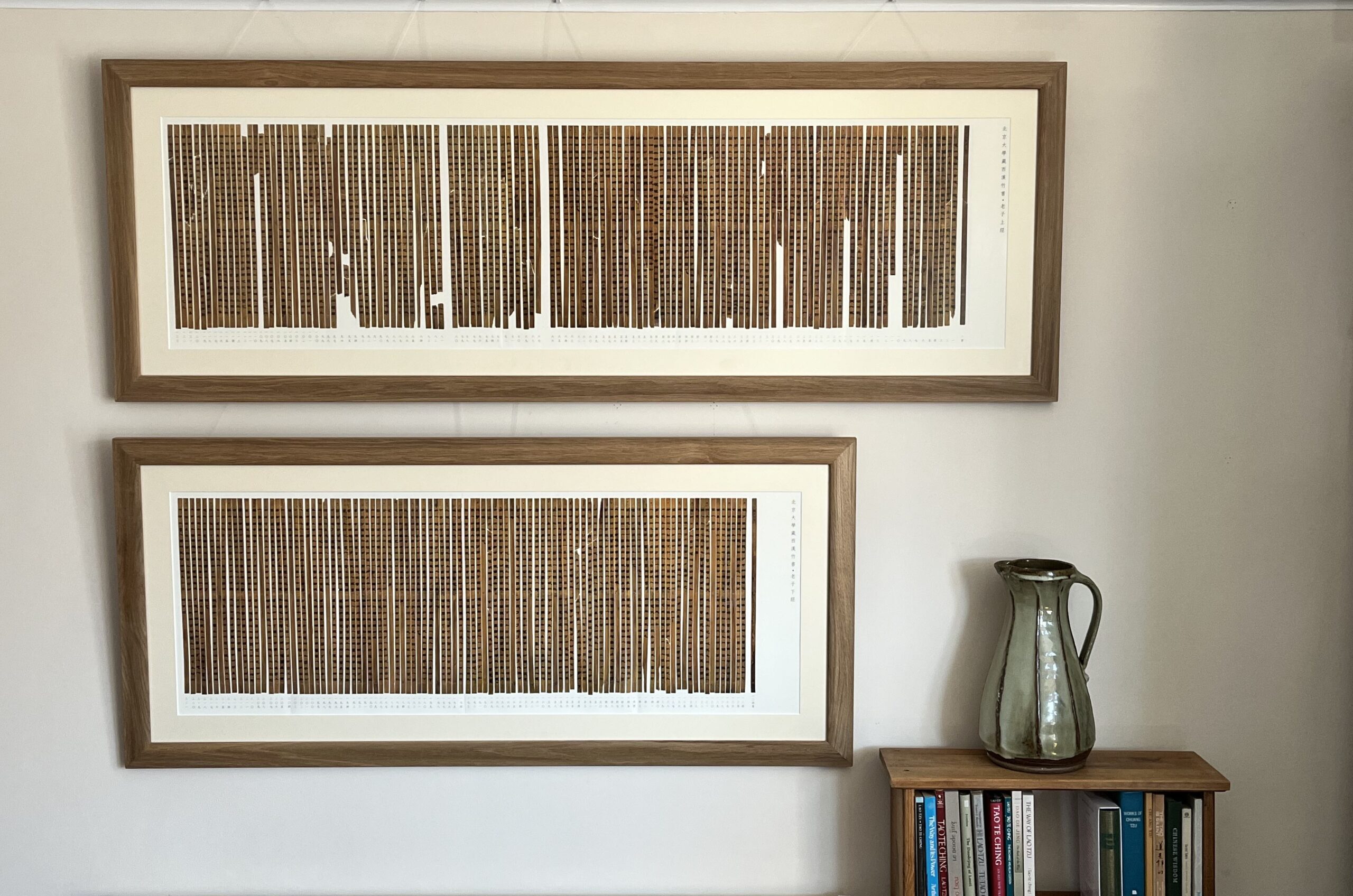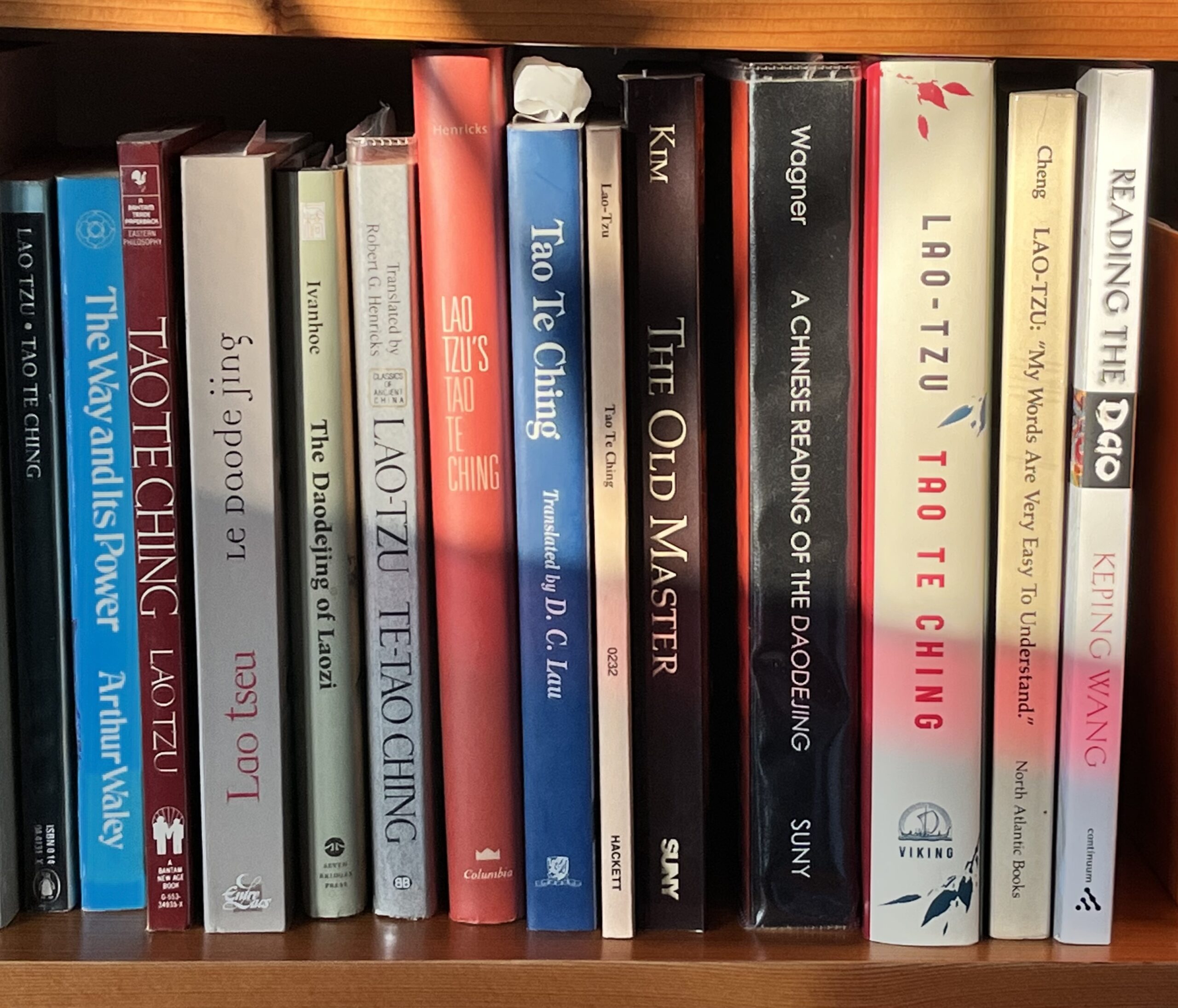or
Goldilocks was a philosopher
There is a short phrase in the Taiji Classics that is easily glossed over. If we take the time to look at it a little more closely, it reveals surprising richness, depth and relevance to our practice of the internal arts and, beyond that, to the art of living. The phrase is: wú gùo bù jí 無過不及, which we will initially translate as:
Neither gùo nor bù jí.
A standard translation for gùo 過 is ‘excess’ and for bù jí 不及 is ‘insufficiency’. Translating these terms in this way is accurate, but it does not tell the whole story. Any traditionally educated Chinese reader will immediately recognise this phrase as a reference to a passage in the Confucian classic, much loved by the Daoists, the Zhongyong 中庸.
Zhongyong is often translated as The Doctrine of the Mean.1Following Legge’s 1861 translation. Later in 1885 he opted for The State of Equilibrium and Harmony, for the “Sacred Books of the East” series, but returned to Doctrine of the Mean for the second revised edition of “The Chinese Classics” series of 1893. Zhōng means ‘middle’, ‘centre’. The Chinese name for China is zhōngguó, ‘Middle Kingdom’. Yōng, means ‘ordinary’ as well as ‘use, employ’ and ‘constant’. A very direct translation would be ‘the middle of the ordinary’ or ‘the constant centre’. Both terms evoke the central place (zhōng) of balance in any situation, place or state. What is ‘ordinary’ (yōng) if not the absence of extremes, whatever the circumstance? It is also possible to read this title as ‘making use of centrality’. The phrase zhōngyōng first appears in the Analects where it seems to follow this last meaning: ‘Becoming virtuous by making use of centrality (zhōngyōng), that is attainment!’2Analects 6.29.
Our phrase from the Taiji Classics is actually a direct quotation of the explanation of the meaning of the phrase zhōngyōng by the Neo-Confucian scholar Zhuxi. He says:
Zhōng is the name of that which is not one sided, does not lean (bù piān bù yĭ), which neither gùo nor bù jí. Yōng is level and constant.3Zhong Yong Zhang Ju 1. The phrase bù piān bù yĭ also made its way into the Taiji Classics. Swaim translates it as: “No leaning, no inclining.” (in Fu Zhongwen: Mastering Yang Style Taijiquan). Oddly, the two phrases of this sentence do not appear together in the Taiji Classics.
Let’s look more closely at these terms before turning to the Zhongyong. Gùo 過 means ‘to pass by, to go beyond’, jí 及 means ‘to arrive at, to come to, to reach, to attain’. Bù jí 不及, then, means ‘not reach’. Our phrase from the Taiji Classics now reads,
Neither go beyond nor do not arrive.
The Zhongyong, can fill out its meaning for us:
The master said: ‘The Way (dào) is not traveled (xíng), I know why: those who are knowledgeable go beyond it (gùo); those who are foolish do not come up to it (bù jí). The Way is not made bright (míng), I know why: those who are worthy go beyond it (gùo), those who are unlike (the worthy) do not come up to it (bù jí ). No one does not eat or drink, but few are able to know flavour.’4Zhongyong 4.
The dominant metaphors of this passage are of travelling along xíng 行, and illuminating (making bright and clear) míng 明, the way dào 道. The word translated as ‘attainment’ in Analects 6.29 above, zhì 至 ‘arrive’, is the same word that Zhuangzi uses for one who has attained the Dao: literally, ‘one who has arrived’. Arriving somewhere necessarily involves neither going beyond it nor failing to get there. The language of ‘going beyond,’ ‘not coming up to,’ and ‘arriving in the middle’ is intimately bound up with the fundamental metaphor of Chinese philosophy and practice: that of the Way.
Those who acquire knowledge and the worthy are usually exemplars and paragons in the Confucian tradition, but in the Zhongyong Confucius warns that such people fail to attain the way because they go beyond it. Theirs is the mistake of overreaching, of excess. The foolish and those unlike the worthy (usually just translated as ‘the unworthy’) fall into the opposite error of not coming up to the Way. Theirs is the mistake of falling short, of deficiency.
If we are in any doubt about this reading of the Zhongyong, there is a passage in the Analects where Confucius makes it absolutely clear that gùo and bù jí equally miss the mark:
Zigong asked, ‘Who is more worthy, Zizhang or Zixia?’ The Master replied, ‘Zizhang gùo (goes beyond it), Zixia bù jí (does not come up to it).’ (Zigong asked,) ‘So then is Zizhang better?’ The Master replied, ‘Gùo (going beyond) is the same as bù jí (not coming up to).’5Analects 11.16.
The pursuit of the middle is equally important to the Confucian and Daoist traditions, though the focus of each is somewhat different. Confucians emphasise the Dao of man, which to them means the realm of human relationships. They employ the mean within the lĭ 禮, a term usually translated as ‘rites’, but which includes what we would recognise as etiquette. Greeting your friends and how one behaves in public are equally part of the Confucian rites.
Daoists, emphasising the dao of Heaven, make use of centrality on all levels of one’s being: the physical, energetic, emotional, the mental, and so on. Our passage in the Taiji Classics is primarily concerned with the application of not going too far and not falling short physically, energetically and martially. It is unlikely that it is being used in reference to the rites, despite the phrase having been borrowed from one of the greatest of the Confucian masters of the Song dynasty renaissance.
In the Daoist classics, one of the most important images of tending towards and attending to the middle is that of drawing a bow:
The dao of Heaven is like drawing a bow.
What is high it draws down, What is low it lifts,
What has too much it lessens, What does not have enough it adds to.
The dao of Heaven lessens what has too much
while adding to what does not have enough.
The dao of men is not so, it lessens what is not enough by offering more to what has too much.6Laozi 77.
Making use of the middle, then, is directly related to the art of knowing what is enough:
Calamity: there is none greater than not knowing what is enough
Error: there is none greater than desiring gain
Thus knowing enough of what is enough is always enough!{[(|fnote_stt|)]}Laozi 46. For an application of this principle see, The Great is the Enemy of the Good.
Considering these passages from the heart Chinese philosophy, it becomes clear how true to tradition Master Bruce Frantzis is when he refers to making use of the middle as finding the ‘Goldilocks point’: neither too much nor too little, but just right. This is what he means by the 70% rule. In this regard Bruce often tells the story of the man from Sung, the classic version of which is found in the writings of Mencius:
Gongsun Chou asked Mencius, ‘May I ask in what you are most developed?’
Mencius answered, ‘I understand words, and I am good at cultivating my flood-like qi.’
Gongsun asked, ‘May I ask what you mean by ‘’flood-like qi”?’
Mencius answered, ‘That is difficult to explain. Qi can be developed to great levels of quantity and stability by correctly nourishing it and not damaging it, to the extent that it fills the space between Heaven and Earth. […] One must work at it, but not rigidly. Do not forget about it, but do not help it to grow either. Do not be like the man from Sung.
There was a man from Sung who was worried that his crops were not growing, so he pulled on them. Wearily, he returned home, and said to his family, ‘Today I am worn out; I have been helping the crops to grow!’ His sons rushed out to look, but the crops had already withered.
Those in the world who do not help their crops grow are few indeed. Those who abandon them, thinking it will not help, are those who do not even weed their crops. Those who help them grow are those who pull on their crops. Not only does this not help, but it actually harms them.7 Mencius 2A.2.
This is a beautiful illustration of finding the Goldilocks point in any endeavour: neither helping our crops grow, nor neglecting them; neither going beyond what is needed nor not coming up to it.
While Goldilocks may not set a very good example when it comes to breaking and entering, she is a great exemplar of the principle of avoiding the extremes of too much and too little.
Making use of the middle is the ultimate principle of balance that we can apply to any aspect of life: from exercising or working in the garden, to finding the balance between work and home. Within Tai Chi, neigong and qigong, finding and maintaining balance is practiced on progressively more subtle levels. The first concern is with physical balance, which is not just about standing on one leg but also includes balancing the left and right sides of the body, the top and bottom halves of the body and the blood, lymph and nerve flow throughout the body etc.. The next level is energetic balance, followed by emotional and mental balance and so on. At each level of refinement the principle is the same, only it is applied to more of who and what we are.
The seemingly innocuous phrase from the Taiji Classics with which we started, ‘neither go beyond nor do not arrive’ is truly one of the most important subjects in our practice of the internal arts and in life.
Text and translations ©Matthew Brewer, Daoist Internal Arts, 2011 & 2017.
Notes



